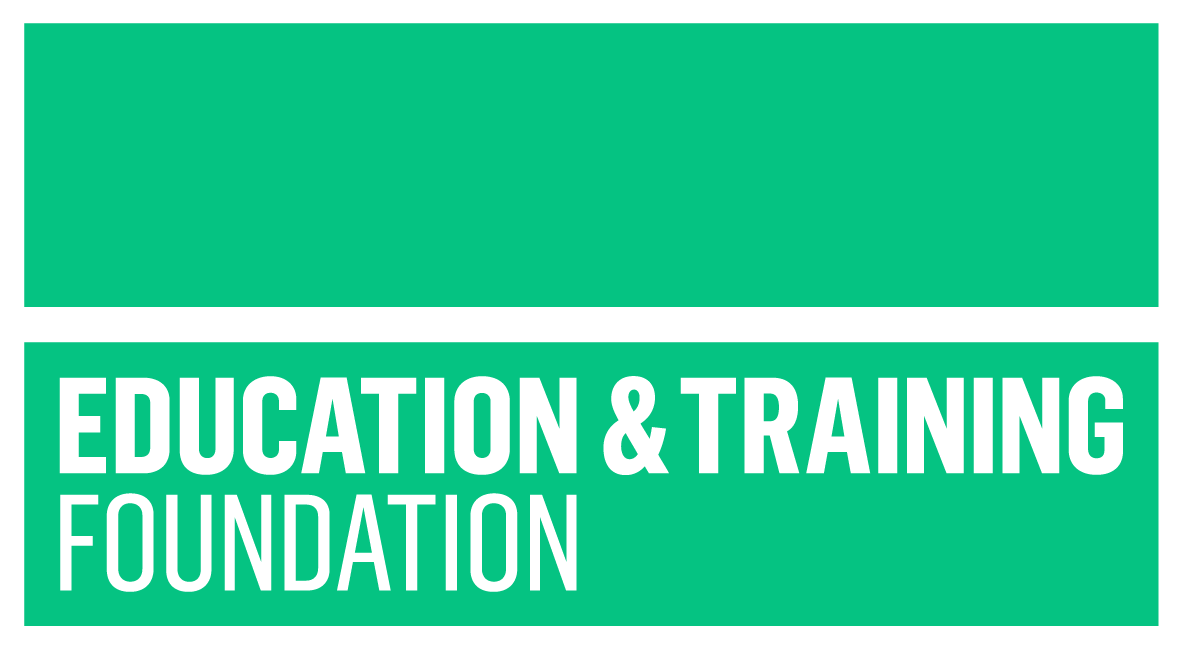In the concluding part of his series of thought pieces looking at the development of innovative mindsets, Rhys Davies turns his attention to how they can be developed in learners. The first piece in the series, looking at how innovative mindsets can be developed in leaders, is available here, and the second, focusing on teachers, is available here.
HE students studying in further education (FE) and skills providers in England certainly see the benefits of innovation to their own work, to their employers, and to wider society. A BA (Hons) Photography student at Newcastle College for example sees the benefits of innovation from a people perspective. “Innovation in photography means to produce work that draws people in. This could be through a new, unexplored/rarely explored, or reimagined technique, concept, or subject….. Being innovative allows both myself and my work to stand out. This means it can be viewed by a wider audience and has the potential to inspire others.”
Organisations too benefit from encouraging their staff to be innovative. A Level 5 HND Cyber Security student at the South Central Institute of Technology: “Innovation is achieved by nurturing up and coming talent, further developing essential mindset skills that are essential in today’s education and industrial environments. Employers clearly benefit from encouraging their employees to become more adaptable and develop the correct skillsets to succeed in their personal and business goals.” The student adds, “…to an employer, being innovative is important because it also allows the company/client to attract attention. Additionally, employers find it important to push their business a step ahead from their competitors.”
Given that our learners are our future workforce, it is imperative that we equip them with the skills and attributes required to be innovative thinkers. In addition, FE and skills providers very often work with the current workforce. On this subject, Professor Paul Lewis of Kings College London has written about the role of the technician within an employer setting and how VET institutions should engage with such people in order to drive innovative practice in the workplace.

